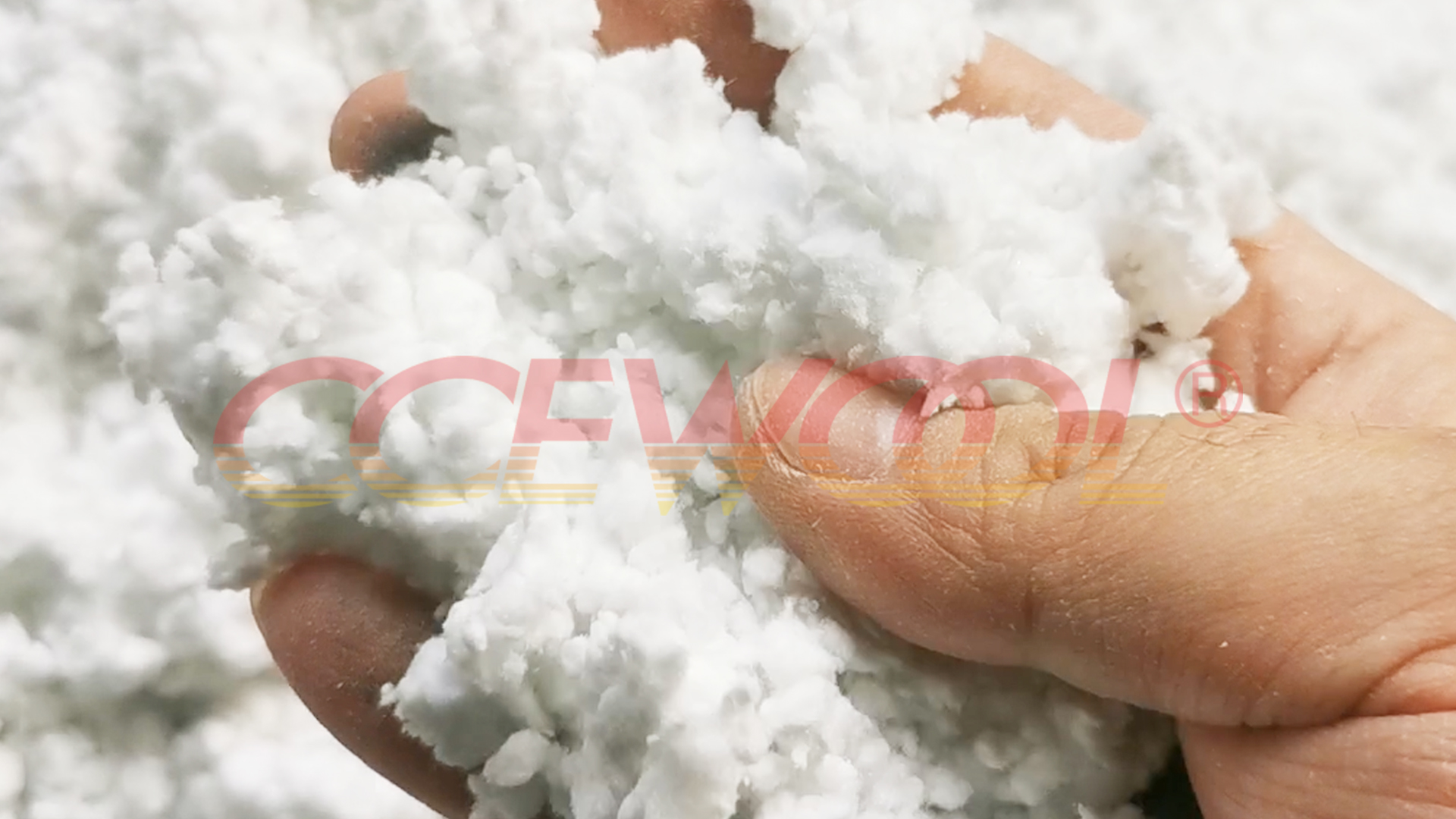Is ceramic chopped fiber safe to touch?
- 02 Jul, 2025
- Industry

In high-temperature industrial applications, ceramic chopped fiber is widely used for its excellent thermal insulation and flexible filling performance. However, for professionals involved in installation and maintenance, the key concern is: Is it safe to touch? CCEWOOL® ceramic chopped fiber is optimized from the raw material to the final product to ensure safe handling and reliable insulation performance.
High-Purity Materials, No Harmful Additives
CCEWOOL® ceramic chopped fiber is made from high-purity alumina (Al₂O₃) and silica (SiO₂), without any irritating mineral additives such as asbestos or glass fiber. The clean fiber structure ensures smooth texture and causes no irritation when touched directly.
Low Dust Generation
Thanks to advanced blowing and fiber-cutting technology, CCEWOOL® ceramic chopped fiber minimizes airborne dust. Even during unpacking, filling, or compaction, the work environment stays clean and operator exposure to airborne particles is significantly reduced.
No Harmful Emissions at High Temperatures
This product does not contain organic binders and will not release toxic fumes or odors even when continuously exposed to temperatures above 1260 °C. It ensures air quality and system safety during operation.
Soft Texture, Skin-Friendly
Optimized fiber softness and flexibility make the material comfortable to handle. There are no sharp edges, and it does not cause itching or scratches, offering true "touch-safe insulation" for installation teams.



